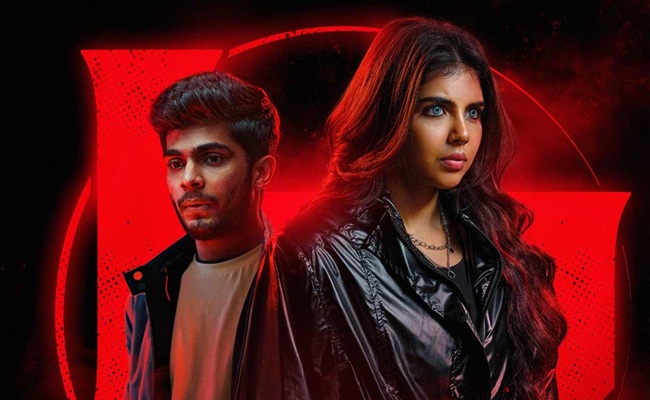A Sudden Controversy: Exploring the #BoycottBhairavam Trend
In the dynamic world of Indian cinema, a new storm has brewed, catching the attention of audiences and industry insiders alike. The upcoming film “Bhairavam” was riding high on the wave of anticipation, with strong promotional efforts and a promising buzz. However, the tide has suddenly turned, as the social media hashtag “#BoycottBhairavam” has taken the internet by storm.
The sudden emergence of this trend has left many scratching their heads, wondering what could have sparked such a strong reaction. Industry experts and film enthusiasts have been analyzing the situation, trying to uncover the root causes behind this unexpected development.
One potential factor that has been identified is the sensitive nature of the film’s subject matter. “Bhairavam” is said to explore themes that touch upon complex sociopolitical issues, which may have resonated with some segments of the audience in a way that has led to a backlash. In today’s climate, where social and political discourse often spills over into the realm of entertainment, such controversies are not entirely uncommon.
Another possible explanation is the power of social media and the ease with which online movements can gain momentum. A concerted effort by a vocal minority, coupled with the virality of hashtags, could have been the driving force behind the “#BoycottBhairavam” trend. In the digital age, where public opinion can sway rapidly, filmmakers and producers must navigate these treacherous waters with utmost care.
The makers of “Bhairavam” have remained largely silent on the matter, perhaps hoping that the storm will blow over. However, the continued momentum of the boycott movement has forced them to address the situation, with statements acknowledging the concerns of the audience and promising to address them sensitively.
As the debate rages on, industry analysts and cultural commentators are keeping a close eye on the development. The outcome of this controversy could have far-reaching implications, not only for the success of “Bhairavam” but also for the broader discourse surrounding the intersection of art, politics, and social responsibility in the Indian entertainment landscape.



